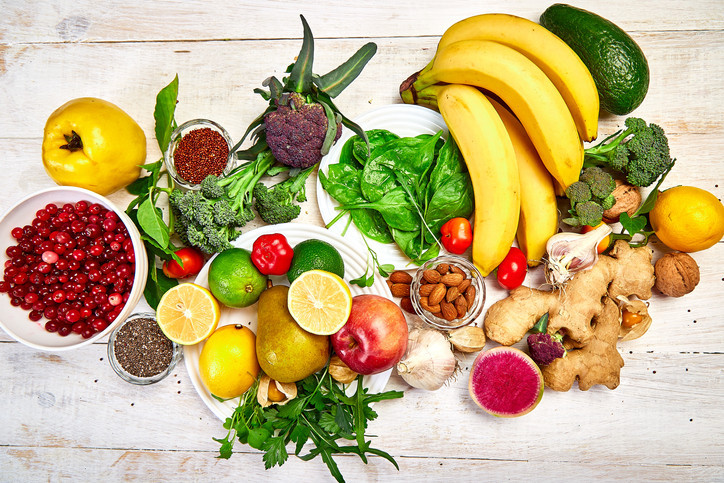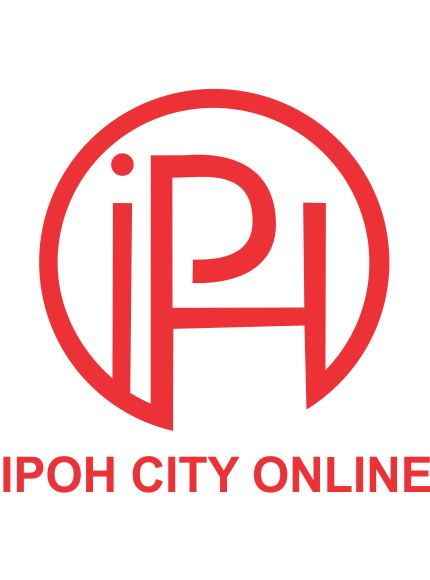The foods and nutritional supplements that can prevent high blood pressure, high cholesterol, and high blood sugar

Important Note: The following recommendations are not a substitute for professional medical diagnosis and pharmaceutical treatment. If you have hypertension, high cholesterol, or high blood sugar, it is essential to first consult a doctor or a registered dietitian to create a personalized treatment and dietary plan.
Core Dietary Principles (Beneficial for All Three)
Before listing specific foods, following some basic dietary patterns is crucial for achieving all three goals:
-
DASH Diet (Dietary Approaches to Stop Hypertension): Designed to lower blood pressure but is also excellent for heart and blood sugar health. It emphasizes vegetables, fruits, whole grains, lean protein, and low-fat dairy.
-
Mediterranean Diet: Widely recognized as one of the healthiest dietary patterns. It’s rich in plant-based foods, healthy fats (like olive oil, nuts), and fish, and has proven benefits for lowering cholesterol, blood pressure, and blood sugar.
-
General Principles: High fiber, low saturated and trans fats, low added sugar, low sodium.
1. To Lower Blood Pressure (Hypertension)
High blood pressure is often related to excessive sodium intake, insufficient potassium intake, and hardened arteries.
Key Nutrients: Potassium, Magnesium, Calcium, Dietary Fiber, and limiting Sodium (salt).
Recommended Foods:
-
High-Potassium Foods: Bananas, spinach, avocados, sweet potatoes, watermelon, beans, oranges. Potassium helps the body excrete excess sodium and ease pressure on blood vessels.
-
Dark Leafy Greens: Spinach, kale, etc., are rich in potassium, magnesium, and calcium, which work together to help lower blood pressure.
-
Beetroot and its juice: Rich in inorganic nitrates, which the body converts into nitric oxide, a compound that helps relax and dilate blood vessels, thereby lowering blood pressure.
-
Berries: Blueberries, strawberries are rich in antioxidants like anthocyanins, which help increase blood vessel elasticity.
-
Oats: Rich in beta-glucan fiber, beneficial for both blood pressure and cholesterol.
-
Garlic: Contains allicin, which is believed to have a mild effect on relaxing blood vessels and lowering blood pressure.
-
Low-Fat Dairy: Yogurt, milk are good sources of calcium and peptides.
-
Nuts and Seeds: Especially walnuts and flax seeds, rich in healthy fats and magnesium.
Considerable Supplements (Please consult a doctor first):
-
Potassium Supplements: Strongly not recommended for self-supplementation. Hyperkalemia (high potassium levels) is very dangerous. Supplementation should only be done under a doctor’s guidance with blood potassium monitoring.
-
Magnesium Supplements: Such as magnesium citrate or glycinate, may help those with a deficiency.
-
Omega-3 Fatty Acids (High-dose EPA/DHA): Some studies show they may have a mild blood pressure-lowering effect.
-
Coenzyme Q10: Some research indicates it may help reduce blood pressure.
2. To Lower Cholesterol
The goal is to reduce “bad” Low-Density Lipoprotein (LDL) cholesterol and potentially increase “good” High-Density Lipoprotein (HDL) cholesterol.
Key Nutrients: Soluble Fiber, Plant Sterols/Stanols, Omega-3 Fatty Acids, and limiting Saturated and Trans Fats.
Recommended Foods:
-
Oats and Barley: Rich in beta-glucan, a soluble fiber that binds to cholesterol in the intestines and removes it from the body.
-
Beans and Lentils: High in soluble fiber and protein.
-
Nuts: Almonds, walnuts, etc., are rich in unsaturated fats and fiber.
-
Fatty Fish: Salmon, mackerel, tuna are rich in Omega-3 fatty acids, which can lower triglycerides.
-
Avocado: Rich in monounsaturated fats and fiber.
-
Vegetable Oils: Healthy fats in olive oil, canola oil should replace saturated fats (like butter, lard).
-
Foods Fortified with Plant Sterols/Stanols: Some fortified foods (like specific yogurts, milk, margarines) can block the absorption of cholesterol in the gut.
-
Apples, Grapes, Citrus Fruits: Rich in pectin, a type of soluble fiber.
-
Soy Products: Tofu, soy milk, etc. Replacing some red meat with these is beneficial for heart health.
Considerable Supplements (Please consult a doctor first):
-
Plant Sterol/Stanol Supplements: Widely proven to effectively lower LDL-C.
-
Psyllium Husk: A high-purity soluble fiber supplement that can be mixed into water or food.
-
High-Concentration Fish Oil Supplements: Primarily lower triglycerides.
3. To Lower Blood Sugar
The goal is to stabilize blood sugar levels and improve insulin sensitivity.
Key Nutrients: Dietary Fiber (especially soluble fiber), Magnesium, Chromium, and limiting Refined Carbohydrates and Added Sugar.
Recommended Foods:
-
Non-Starchy Vegetables: Leafy greens, broccoli, cauliflower, peppers, etc. They are low in carbohydrates and high in fiber.
-
Whole Grains: Brown rice, quinoa, whole-wheat bread (to replace refined grains like white rice and white bread). They have a low glycemic index and are digested slowly.
-
Beans and Lentils: Excellent sources of fiber and plant-based protein, which slow down sugar absorption.
-
Nuts and Seeds: Rich in healthy fats, fiber, and magnesium, helping to slow the post-meal rise in blood sugar.
-
Cinnamon: Some studies suggest it may help improve insulin sensitivity, though evidence is not entirely consistent. It can be used as a spice.
-
Apple Cider Vinegar: Consuming a small amount diluted in water before a meal may help improve the body’s blood sugar response after eating.
-
Fatty Fish: Omega-3 fatty acids help reduce inflammation, which is linked to insulin resistance.
-
Berries: Among fruits, they are an excellent choice, being relatively low in sugar and high in fiber and antioxidants.
Considerable Supplements (Please consult a doctor first):
-
Chromium Supplements: Chromium is an essential trace element for glucose metabolism and may benefit those with a deficiency.
-
Magnesium Supplements: Magnesium plays a key role in insulin function, and deficiency is associated with insulin resistance.
-
Alpha-Lipoic Acid: A powerful antioxidant often used to improve symptoms of diabetic neuropathy. Some research also shows it may improve insulin sensitivity.
-
Gymnema Sylvestre: An Ayurvedic herb known as the “sugar destroyer,” which may help reduce sugar absorption and cravings for sweet foods.
Summary and Action Advice
-
Focus on the Overall Dietary Pattern: Don’t just focus on one “superfood.” Instead, build a diet based primarily on plant-based foods, rich in fiber, healthy fats, and lean protein.
-
Prioritize Getting Nutrients from Food: Nutrients in food exist in complex forms, are more easily absorbed and utilized by the body than isolated supplements, and are safer.
-
Consult a Professional: Before taking any supplements, especially if you are already on medication for blood pressure, cholesterol, or blood sugar, you must consult a doctor to avoid interactions or adverse effects.
-
Combine with Exercise: Regular physical activity has an extremely significant effect on lowering blood pressure, cholesterol, and blood sugar. It is the perfect partner to any dietary plan.
